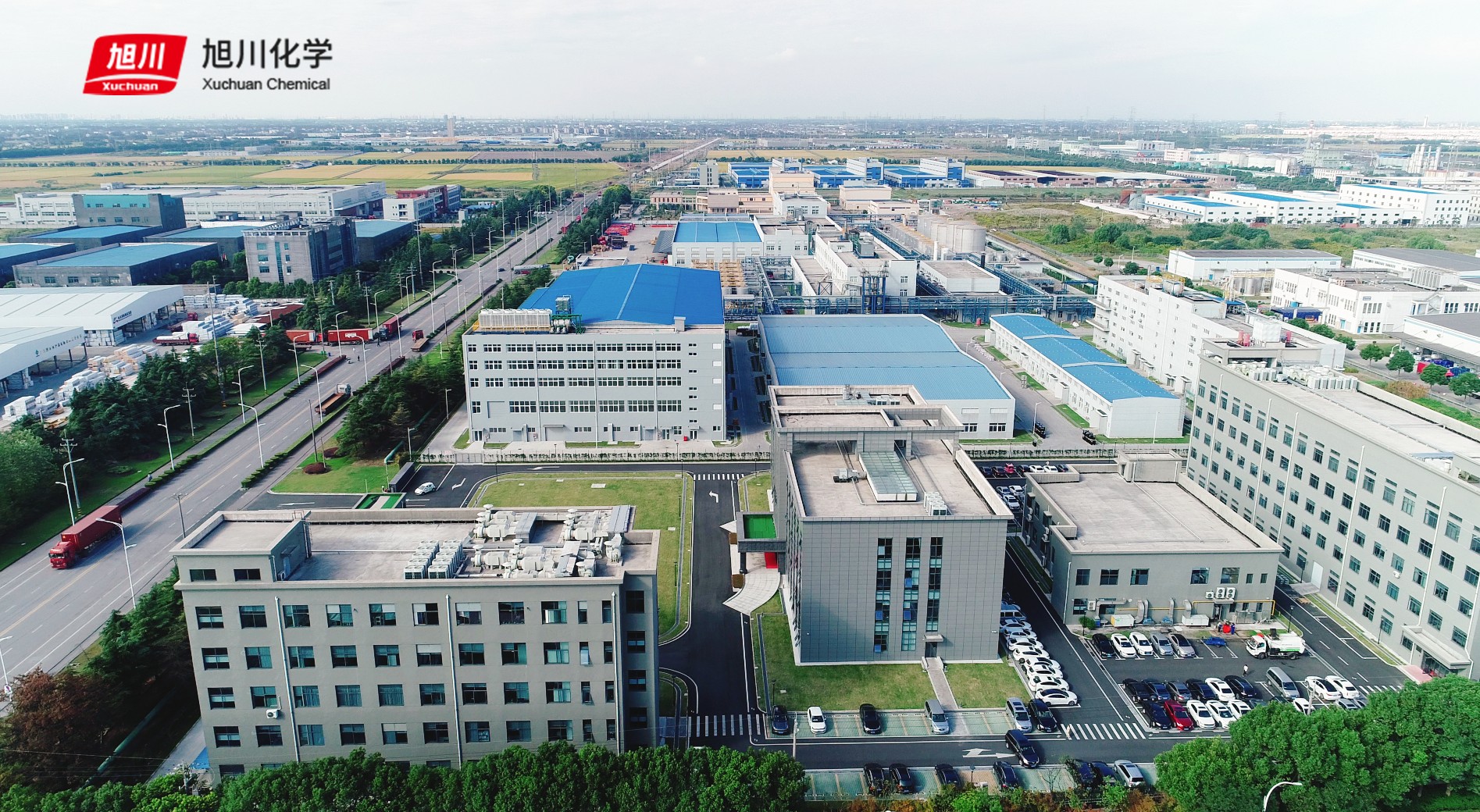
Privacy statement: Your privacy is very important to Us. Our company promises not to disclose your personal information to any external company with out your explicit permission.
With the addition of the Diphenylmethane Diisocyanate (MDI) site in Geisma, Louisiana, USA, to the ranks of ISCC PLUS and REDcert2 certified sites1, BASF can now offer its customers ISCC PLUS and/or REDcert2 certified isocyanates and polyamides worldwide.

Dr. Kham Nguyen, President of BASF's Monomers Division, said: "The achievements of the past year demonstrate our seriousness in driving the sustainable transformation of our Monomers and the various customer industries we serve. We continuously strive to improve our product portfolio so that we can continue to meet the high standards of international certification bodies. Achieving these certifications at all regional sites means that we are able to deliver more sustainable products to our customers around the world and help them achieve their sustainability goals, wherever they are located. I am very pleased that we are now ready to offer our US customers certified more sustainable isocyanate solutions that are locally manufactured." As a result, we are always able to provide our customers with the most suitable solution for their product portfolio. "
The sustainability roadmap is well underway – 345 products are certified as sustainable
In January last year, BASF Monomers committed to offering circularity solutions for each of its major product lines by 2025. One year later, the business unit is well on its way to delivering on this promise.
As of February 2024, approximately 70% of the business unit's product portfolio, including isocyanates, polyamides, glues and resins, precursors and inorganic chemicals, offers low-carbon footprint products3 based on chemical cycles (Ccycled®) or biomass balance2 (BMB), or even net-zero products (zero carbon emissions and renewable feedstocks). Currently, BASF Monomers offers a total of 345 certified sustainable alternatives for industries such as food packaging, textiles, automotive, construction, wood adhesives, etc.
New technologies to accelerate sustainable transformation
In addition to offering more sustainable alternatives, BASF's Monomers business unit is constantly developing new solutions such as polyol recovery. In addition, the division develops new proprietary technologies to drive sustainable transformation in the industries it serves. With the new Loopamid® product, BASF Monomers has developed an innovative solution for increasing circularity in the fashion industry and recycling used textiles made from polyamide-6. With this cutting-edge technology, used fibers and materials can be recycled many times to make new yarns, while retaining the material properties of conventional virgin grade polyamides.
Multiple operational excellence measures have reduced tons of CO2 emissions
In addition to significantly increasing its product portfolio, BASF Monomers has successfully implemented several initiatives at its production sites in all regions to further reduce CO2 emissions. These CO2 reduction measures help the sector make an important contribution to BASF's ambitious sustainability goal of achieving net-zero emissions by 2050. Thanks to BASF's globally integrated network, a number of high-impact measures have helped to significantly reduce CO2 emissions. For example, a waste heat recovery project by BASF Polyurethane Co., Ltd. in Shanghai is expected to reduce CO2 emissions by 34,000 tons per year.
1 REDcert2 and ISCC PLUS are sustainable standard certifications for the use of sustainable biomass as feedstock in the chemical industry. Certification according to these standards determines the sustainability of the biomass used and puts it into the production system in the required quantities. The certification also ensures that sustainable biomass is appropriately incorporated into the respective marketed products. These certifications are issued on the basis of an on-site audit conducted by an independent auditor.
2 Ccycled®: Traditional fossil feedstocks for the production of BASF's products are replaced by recyclable feedstocks. These raw materials come from chemically recycled plastic waste or used tires from BASF's integrated production chain. With a certified mass balance method, recycled feedstocks, such as pyrolysis oil, are assigned to specific Ccycled® products. Recycled raw materials cannot be measured in BASF's mass balance products.
BMB: For biomass-balanced products, BASF replaces the fossil raw materials normally required to produce the product with 100 percent renewable raw materials in its integrated production plant. While renewable carbon cannot be physically identified in the final product, renewable content can be assigned to the product through a certified mass balance approach.
3 Low-carbon footprint products reduce product carbon footprint by at least 30% compared to their respective fossil-based products. The product carbon footprint calculation follows the requirements and guidance of ISO 14067: 2018. In the methodology review, TÜV Rheinland has confirmed that the product carbon footprint (SCOTT) calculation methodology developed and used by the BASF Group complies with ISO 14067: 2018 and the Product Carbon Footprint Guidelines of the Together for Sustainability (TfS) initiative, and reflects cutting-edge technology (ID-Nr.0000080389: BASF SE - Certipedia).

Xuchuan Chemical(Suzhou) Co.,Ltd is a professionl manufacturer for PU System for Shoe Sole, Adhesive for Shoes, TPU, CPU, Polyester Polyol, PU Resin for Ink, PUR Hot Melt Adhesive, Adhesive for Flexible Package, PU Resin For Synthetic Leather.
LET'S GET IN TOUCH

Privacy statement: Your privacy is very important to Us. Our company promises not to disclose your personal information to any external company with out your explicit permission.

Fill in more information so that we can get in touch with you faster
Privacy statement: Your privacy is very important to Us. Our company promises not to disclose your personal information to any external company with out your explicit permission.